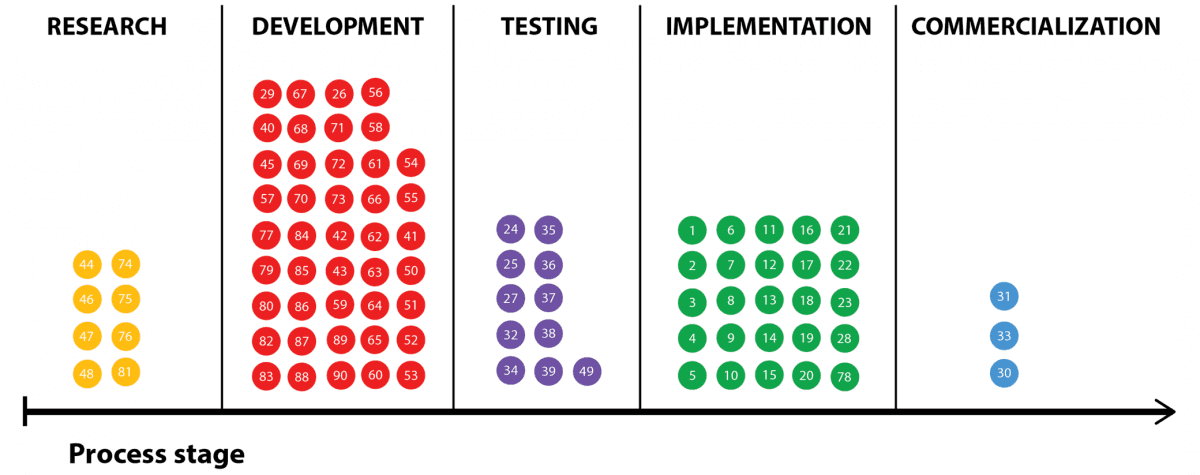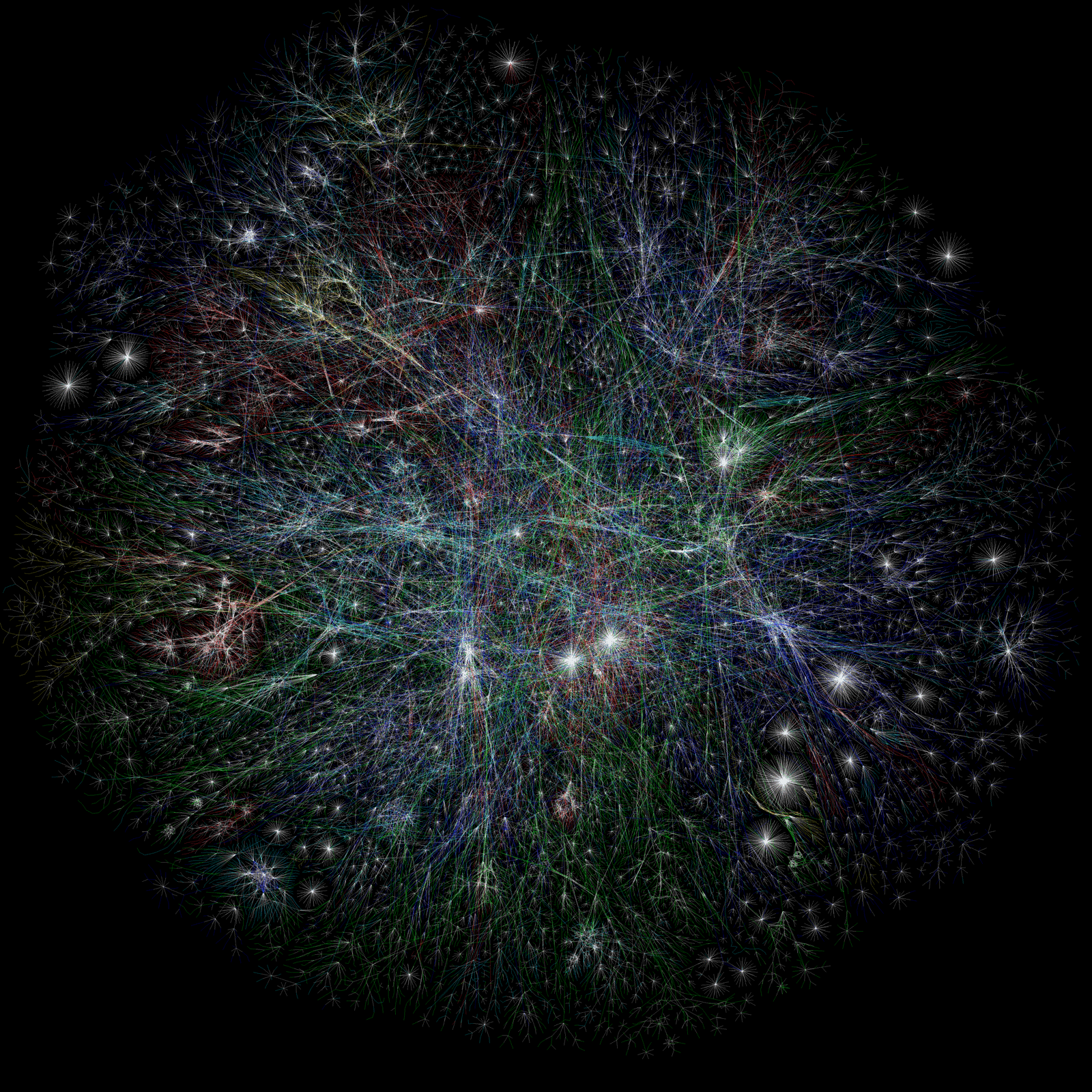
Why urban living labs haven't scaled
"Urban living labs" are a framework for developing urban tech products and services that incorporate people in cities throughout the entire process as users and co-creators. They operate according to principles of open innovation, drawing on resources from many different stakeholders in government, industry, academia, and civil society to do their work.
This study looked at three urban living labs situated on the industrial waterfront of Amsterdam which were established during the 2010s. Focusing on the learning processes of these experiments, the scholars find that while a great deal of learning does indeed happen in these projects—it is often only applied later, elsewhere, by others. Urban living labs then are best seen as a catalytic piece in a larger urban development system—but there's no clear path for making the connection. "[T]he transition through which [Urban Living Labs] move from small-scale pilots to broader social embedding is a precarious process without a solid institutional framework."
This points towards a future in which the value of urban living labs may be questioned as learnings are not systematically transferred into larger city and regional development systems. Alternately, it could begin a new era where policymakers start to put in place institutional capacity for scaling up the urban tech successes, built with co-creation approaches, that really work for people.




..png)
